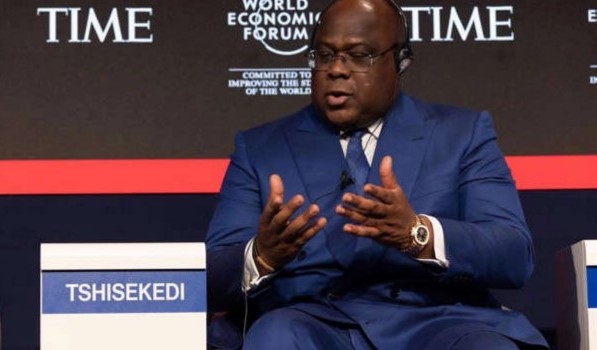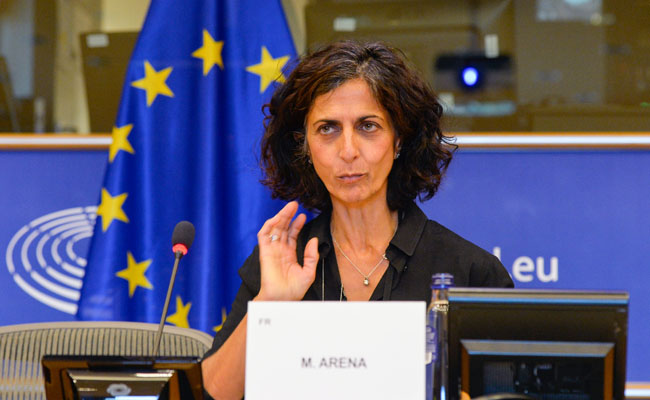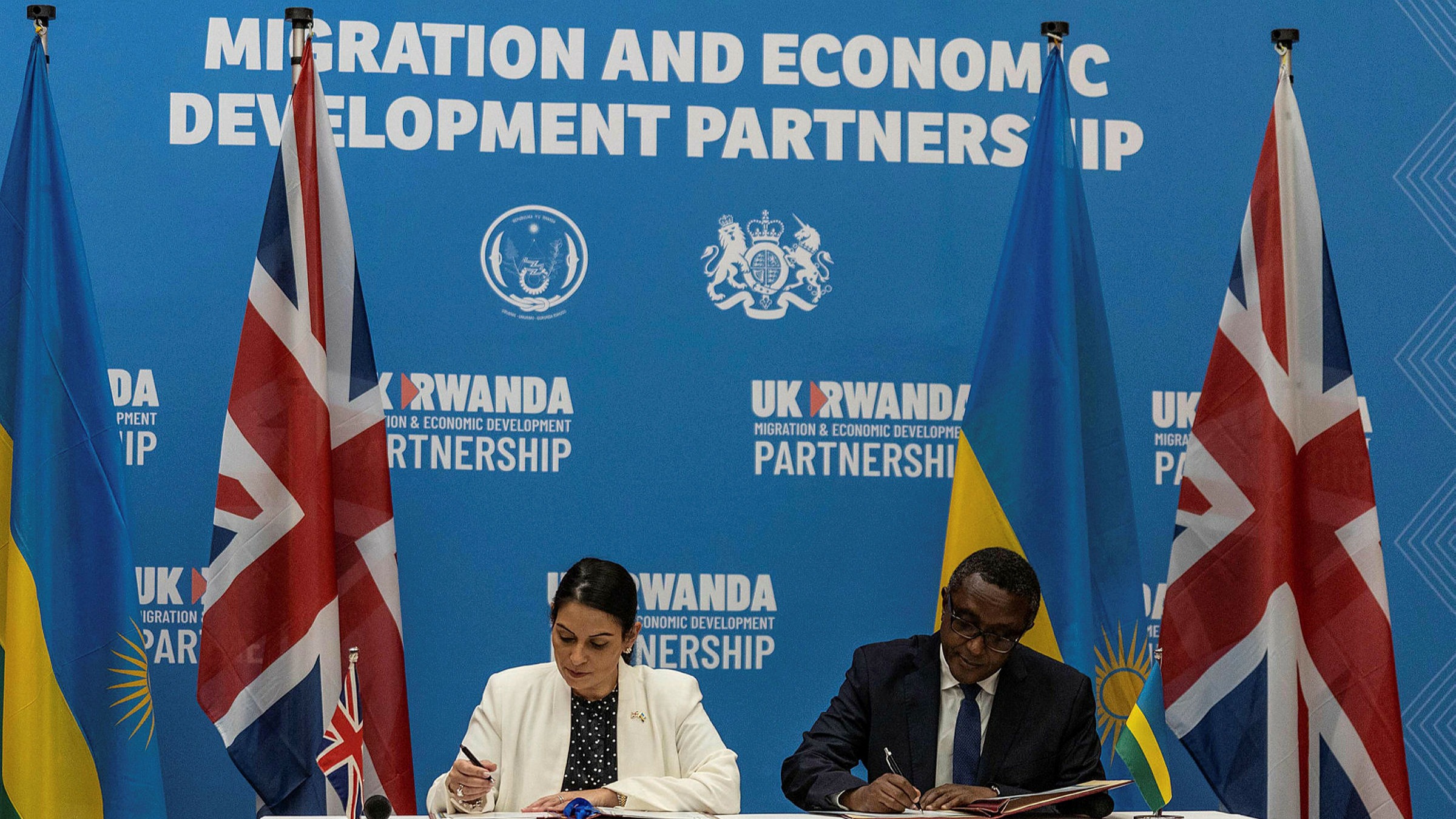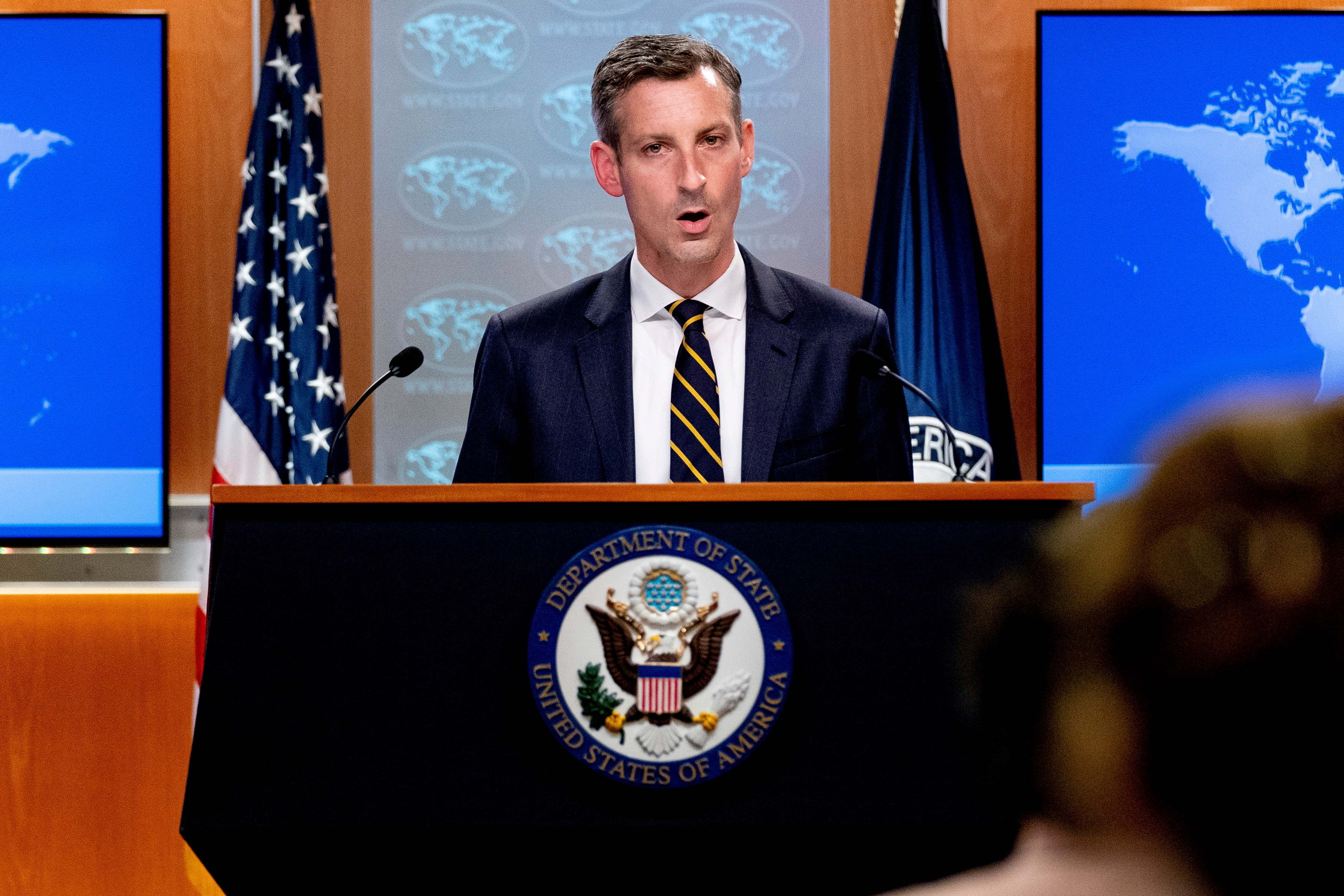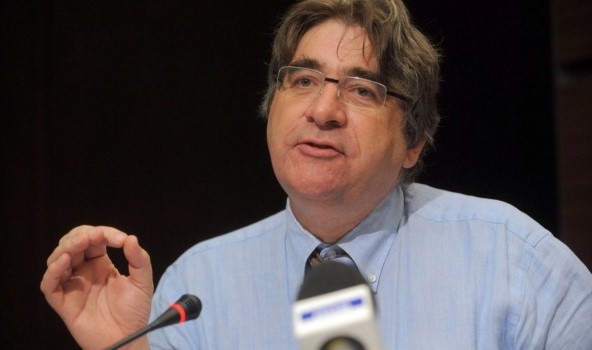International
If Kabuga dies now…
.jpeg-20230127112648000000.jpeg)
Now
90-years-old, Félicien Kabuga is under trial after 26 years on the run. His
health is ‘poor’ as he claims to suffer from diabetes, hypertension and
dementia. A number of medical doctors look after this Rwandan businessman who
underwent surgery twice and had a colectomy in 2019, and received brain MRI
scan in 2020.
Nicknamed
the “Genocide Financier,” Kabuga is charged with seven counts - genocide, complicity in genocide, direct and
public incitement to commit genocide, attempt to commit genocide, conspiracy to
commit genocide, and persecution and extermination – both as crimes against
humanity. All these crimes were committed during the 1994 Genocide against the
Tutsi.
The UN’s
International Residual Mechanism for Criminal Tribunals (IRMCT) is trying him in
The Hague, The Netherlands, after his arrest in France in May 2020.
Though
his trial came as a relief to genocide survivors, Kabuga and his family used
numerous tactics
to delay the trial as long as possible. They know what delaying the trial
means.
As
years count and his health gets worse, Kabuga may pass away before the court’s judgment.
This would be a success to the genocidaire’s
family who will celebrate the day the father of 11 leaves without the shame of
a genocide conviction. But that day will
be misery for genocide survivors who will experience injustice.
If
Kabuga dies now, he will no longer be prosecuted. It would mean dying while an
innocent man, even though he was one of the key masterminds of the Genocide.
But
what does Rwandan law stipulate?
With
reference to Kabuga’s home country laws, if he dies before the trial ends, the
criminal action – an action filed on behalf of the public before criminal
courts aimed at punishing the offender– will be terminated.
However,
the lawsuit against him will go on with civil action – an action filed to seek
compensation for damages caused by the offence – which solely intends to seek
civil damages.
“If
a civil action was instituted before a criminal court, the court may continue
to hear the civil case even if the prescription period of the criminal action
expired while the action was still pending in the court, the defendant died,
the offence is no longer punishable under the Law or even if the amnesty was
granted,” says Rwanda’s criminal procedure published in 2019.
If
it ever gets to this stage, the law states that a civil action will be
instituted against the offender’s heirs such as Kabuga’s family. They will
represent him in court hearings. If jury finds them responsible for paying
damages, Kabuga’s confiscated property will be sold out for damages payment.
If
the collected amount from auction is greater than the payment of damages, the
remaining share will be given to Kabuga’s heirs, and if the collected amount is
lower than the required payment, then Kabuga’s heirs will have to cover the
remaining amount to fill the sum of money ordered by court.
Any
auction of Kabuga’s property in foreign countries will require order from
national courts of those countries after assessment of his trial.
On
top of purchasing the weapons used in the Genocide, Kabuga, was a shareholder
of the hate radio station, RTLM, that called upon the Hutu to massacre the
Tutsi. It provided detailed information on the people to be massacred and where
to find them. On different occasions, RTLM
declared that the killing of the remaining Tutsi should be accelerated.



